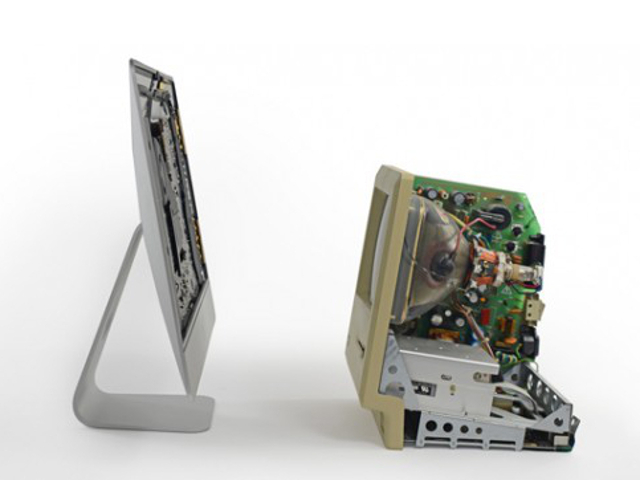Blog How much data can your current Clinic Management System manage?

Locally installed systems built with older technology cannot handle a lot of data. If your system takes a long time to complete its daily back-up (more than 10 minutes), if it manages transactions slowly, or if it crashes regularly, it is likely that your technology is unable to handle the amount of data you manage. Older, locally installed systems tend to fail for two reasons:
- Hardware failure: The computer or server on which your CMS/EMR is installed cannot manage your data. This may happen because the technology is old, or because you do not have an engineering team to manage your server, as it is situated in your clinic.
- Software failure: Older softwares tend to use technology that has not been built for scalability – yes, this includes SQL. Older locally installed software also cannot be updated easily.
Hardware Failure
If you use a local system, your whole clinic is currently dependent on the performance of one computer or server. Some challenges this device may face include:
- someone accidentally downloading malware onto it;
- it runs out of space;
- it no longer has the processing power to manage your data;
- or, if it experiences hardware failure (there is 4.8% chance that your hard disk will fail once a year).
If any of these hardware failures occur, then your data is lost and you will not be able to access your clinic management software or EMR. What makes web different? If you use a web based software like Plato, your CMS/EMR will have multiple copies of the software running in parallel on the cloud (these are called master:master replications). If one copy of the software fails, your data will still be saved via the other master:master replications. Plato also saves multiple copies of your clinic’s data in the secure cloud, so that data does not get lost.
Another benefit of web based software is storage space: when your computer or server runs out of space at your clinic, it is not an easy or straightforward process to simply increase your server space. With Plato, if the amount of data you store increases, more storage space can automatically be attributed to your clinic. You will never run out of space.
Finally, when you use a web based software, you can have the peace of mind of having an engineering team manage your servers. Both Plato’s team, and teams at IBM and Amazon, work together to ensure the servers running your CMS/EMR are optimized, secure, and running well.
Software Failure
Older, locally installed technologies run on dated software, like SQL. These technologies are not built to handle large volumes of data. When you have a lot of data, these software take longer time intervals to search for data, run queries, and make changes. If you have to wait a long time to make each click, or to back up data every day, is your software really serving you?
Plato uses NoSQL, a technology built for managing large amounts of data quickly. If your patient database grows, or if you want to store more information in the cloud, no problem – Plato’s performance will stay strong and consistent. NoSQL is currently being used by quite a few large, consumer facing companies, which manage large volumes of secure data. Some companies using NoSQL include Paypal and LinkedIn. NoSQL technologies have a wide and established customer base.
Why does NoSQL make it easier to manage large amounts of data? Conventional SQL databases can only run on a single server – your processing speed is limited by the single server on which the program is running. By contrast, a NoSQL database can break up work across multiple servers, which will then run a program at the same time, speeding up your processing speed dramatically. A good analogy to understand NoSQL is to think of it like a factory – in a NoSQL factory, the process of building a widget can be divided across many workers who work together in parallel to build said widget. In an SQL factory, only one worker can build a widget. Even if the SQL worker is really great, there is no way their performance can be faster or better than that of a team.
Is your software slow and frustrating? Maybe it’s time to upgrade.
November 3, 2017
